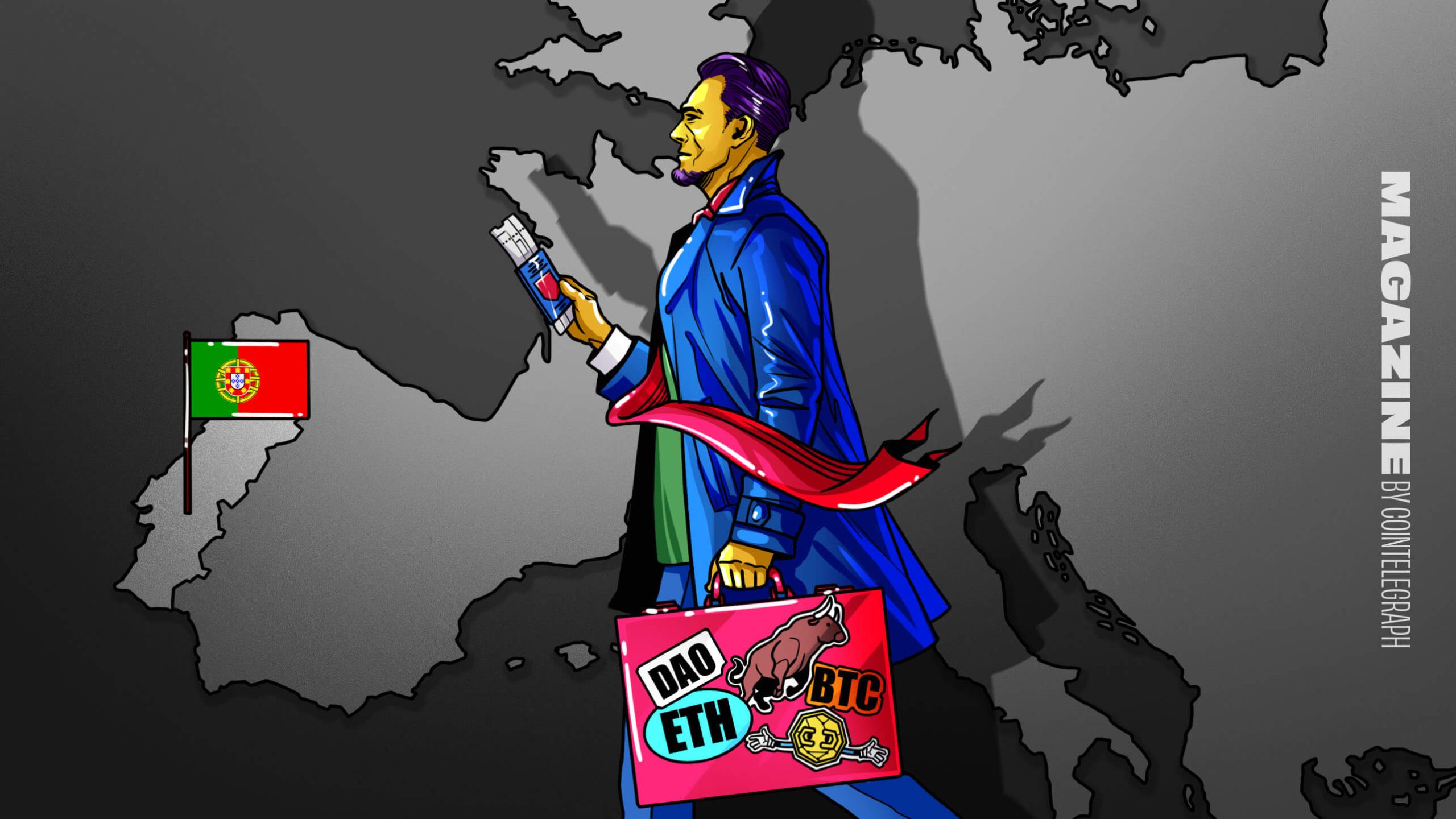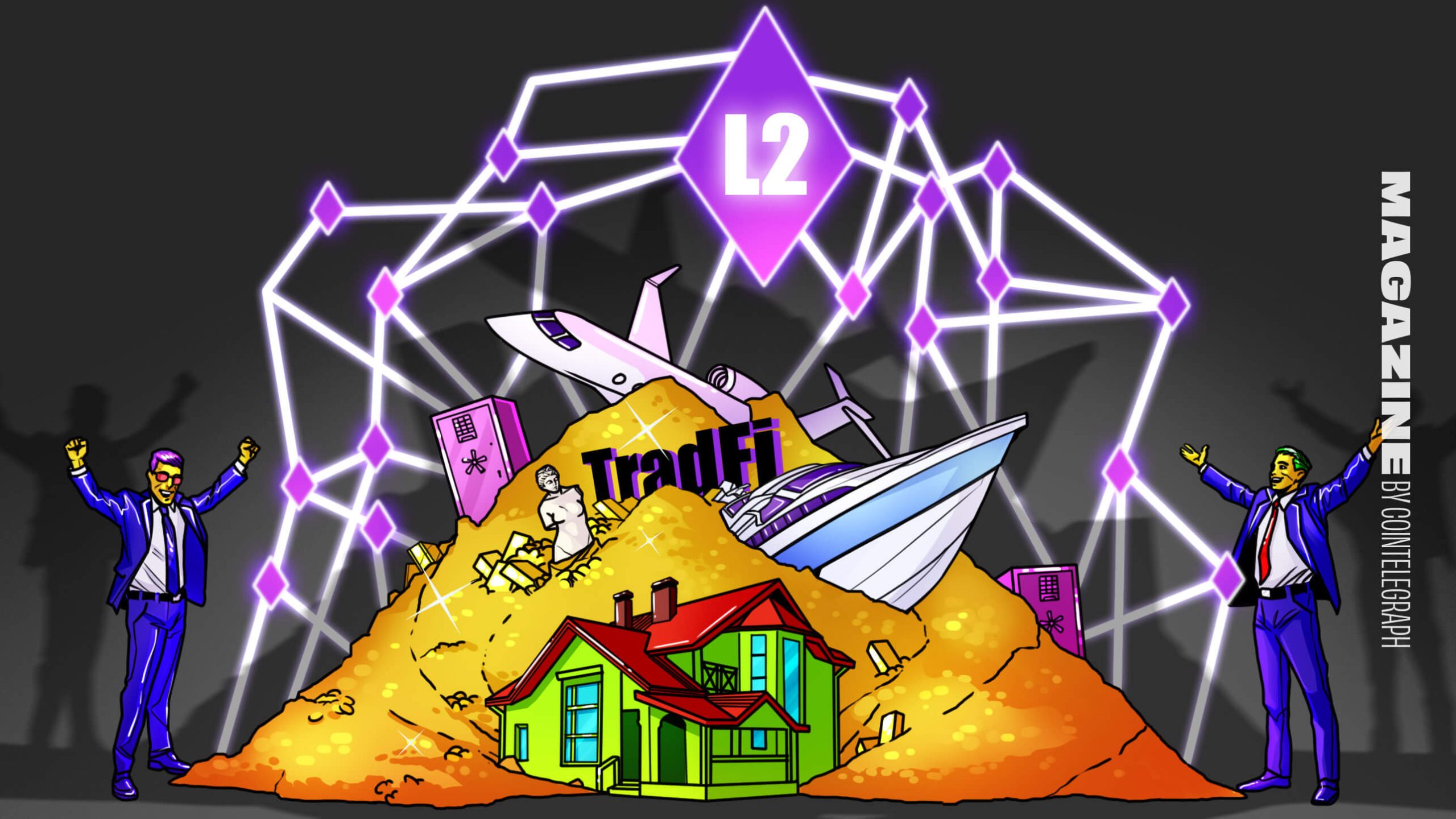<p>In recent
years, cryptocurrency exchanges have become a popular target for hackers,
resulting in significant losses for both investors and exchanges. As a result
of these threats, some exchanges have begun to offer insurance to protect their
clients' funds in the event of a hack. </p><p>In this
article, we will look at the risks associated with cryptocurrency exchange
hacks, as well as the different types of insurance available and their
limitations. </p><p>Cryptocurrency
Exchange Hacking Dangers</p><p>Cryptocurrency
exchanges are centralized platforms that facilitate cryptocurrency buying and
selling. Because cryptocurrencies are so valuable, these exchanges have become
a popular target for hackers looking to steal money from users. Several
high-profile hacks in recent years have resulted in millions of dollars in
losses for both investors and exchanges. </p><p>The lack of
regulatory oversight is one of the most serious risks associated with
cryptocurrency exchange hacks. Cryptocurrency exchanges, unlike traditional financial
institutions, are not subject to the same regulations and oversight, making it
more difficult to hold them accountable in the event of a hack. </p><p>Furthermore,
the decentralized nature of cryptocurrencies makes it nearly impossible to
recover stolen funds. </p><p>Insurance
Coverage Types</p><p>To address
these concerns, some cryptocurrency exchanges have begun to provide insurance
to protect their clients' funds in the event of a hack. Exchanges typically
provide two types of insurance coverage: exchange insurance and client
insurance. </p><p>In the event of
a hack, exchange insurance protects the exchange itself. This type of insurance
typically covers exchange losses caused by a hack, such as lost funds and
operational expenses. It may not, however, cover losses incurred by clients
whose funds have been stolen. </p><p>Client
insurance, on the other hand, protects clients whose funds have been stolen as
a result of a hack. Clients may be required to pay a premium for this type of
insurance, which typically covers losses up to a certain amount, such as
$100,000. </p><p>Coverage
Sufficiency</p><p>While insurance
can provide some protection against the risks of cryptocurrency exchange hacks,
it is important to note that such coverage has limitations. One of the most
significant limitations is the lack of regulatory oversight, which makes
holding exchanges accountable for losses incurred as a result of a hack
difficult. </p><p>Furthermore,
insurance may not cover all types of losses. Some policies, for example, may
not cover losses caused by human error, such as sending funds to the wrong
address. In addition, insurance coverage may be limited by the amount of funds
available for coverage, which means that larger losses may not be fully
covered. </p><p>Another
important factor to consider is that insurance may not be available for all
cryptocurrency exchanges. Smaller or less established exchanges may lack the
resources or capability to provide insurance coverage, leaving their customers
vulnerable to losses in the event of a hack. </p><p>Crypto
Exchanges Limitations</p><p>The first
limitation worth mentioning is speed. The speed of crypto exchanges is
significantly slower than normal exchanges. In addition to this, they are not very efficient when it comes to the storage of data. Another limitation is the
use of APIs by the crypto exchange marketplaces which make it difficult for
third parties to access data on these platforms. </p><p>One of the
biggest issues with crypto exchanges is their lack of liquidity. There are only
a handful of crypto exchanges that offer a wide range of coins and tokens,
while most others only deal in a few specific coins. This means that if you
want to buy or sell a coin that isn't one of the major ones, like Bitcoin or
Ethereum, then you'll probably have to do so on an exchange that doesn't have
much liquidity.</p><p>Crypto
exchanges often are unable to handle large transactions quickly. This can cause
delays in trading and lead to missed opportunities for investors who need to
sell or buy quickly.</p><p>Lastly. another
problem with crypto exchanges is their lack of regulation and transparency.
While most crypto exchanges have systems in place to prevent fraudulent
activity, they often don't provide any information about how those systems work
or who operates them. This makes it difficult for users to know what kind of
security protocols are in place or how reliable their services are overall.</p><p>Conclusion</p><p>Hacks on
cryptocurrency exchanges pose a significant risk to both investors and
exchanges, with the potential for significant financial losses. While insurance
can provide some protection against these risks, it is critical to carefully
consider the limitations of such coverage and to select an exchange that
provides <a href="https://www.financemagnates.com/cryptocurrency/education-centre/navigating-the-crypto-market/" target="_blank" rel="follow">robust security and regulatory compliance</a>. </p><p>As the
cryptocurrency industry grows and evolves, we can expect more efforts to
improve security and reduce the risk of hacking. </p><p>However,
investors must remain vigilant and take precautions to protect their funds,
such as using hardware wallets and two-factor authentication. Investors can
mitigate the risks of cryptocurrency exchange hacks and protect their
investments in the long run by staying informed and taking appropriate
precautions.</p>
This article was written by Finance Magnates Staff at www.financemagnates.com.

You can get bonuses upto $100 FREE BONUS when you:
💰 Install these recommended apps:
💲 SocialGood - 100% Crypto Back on Everyday Shopping
💲 xPortal - The DeFi For The Next Billion
💲 CryptoTab Browser - Lightweight, fast, and ready to mine!
💰 Register on these recommended exchanges:
🟡 Binance🟡 Bitfinex🟡 Bitmart🟡 Bittrex🟡 Bitget
🟡 CoinEx🟡 Crypto.com🟡 Gate.io🟡 Huobi🟡 Kucoin.





















Comments